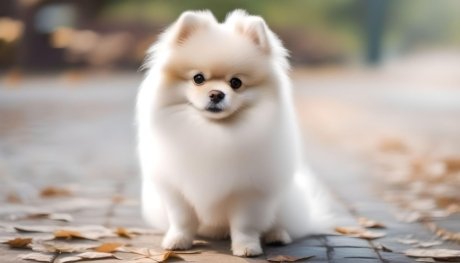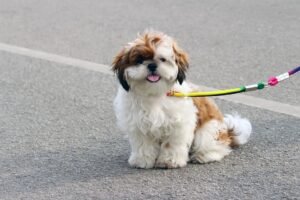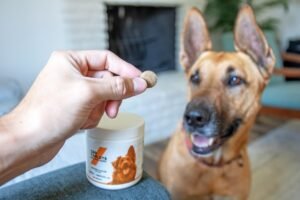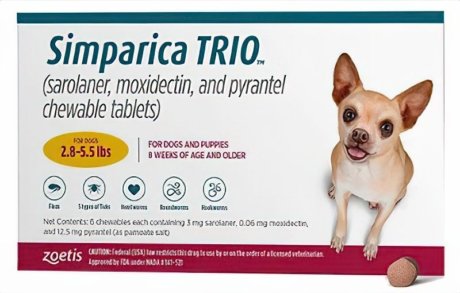Top 16 Teddy Bear Dog Breeds in the World – (2023)
The Teddy Bear dog breed has gained immense popularity in recent years. With their adorable looks and charming personalities, Teddy Bear dogs have stolen the hearts of many pet enthusiasts. In this article, we will explore the characteristics, origins, and care requirements of Teddy Bear dogs. Whether you are considering adding one to your family or simply curious about this delightful breed, read on to discover everything you need to know about Teddy Bear dogs.
What is a Teddy Bear Dog?
A Teddy Bear dog is a hybrid breed that combines the traits of the Bichon Frise and the Shih Tzu. Also known as Zuchon or Shichon, these small-sized dogs are famous for their teddy bear-like appearance, characterized by fluffy coats, expressive eyes, and a charming smile. Teddy Bear dogs are cherished for their loving nature and make excellent companions for individuals and families alike.
Origins of the Teddy Bear Dog Breeds
The Teddy Bear dog breed originated in the late 1990s as breeders sought to create a hypoallergenic and affectionate companion dog. By crossing the Bichon Frise and the Shih Tzu, breeders aimed to combine the best traits of both breeds. The result was a lovable and adorable Teddy Bear dog that quickly captured the hearts of dog lovers worldwide.
Physical Appearance of Teddy Bear Dog Breeds
Teddy Bear dogs are small in size, typically weighing between 8 to 16 pounds (3.6 to 7.3 kg) and standing about 9 to 12 inches (23 to 30 cm) tall at the shoulder. They have a compact and sturdy build with a round head, floppy ears, and a cute button nose. One of the most endearing features of Teddy Bear dogs is their soft and fluffy double coat, which comes in various colors including white, cream, black, brown, and combinations of these shades.

Personality Traits of Teddy Bear Dog Breeds
With their affectionate and gentle nature, Teddy Bear dogs are known for their ability to form strong bonds with their human companions. They thrive on attention and love being part of a family. These dogs are sociable and friendly, getting along well with children and other pets. Teddy Bear dogs have a playful side and enjoy interactive activities, making them ideal for households seeking a lively and entertaining pet.
Top 16 Teddy Bear Dog Breeds: Adorable and Fluffy Companions
1. Shih Tzu

The Shih Tzu is a small and affectionate breed known for its long, silky coat and charming personality. These dogs are excellent family pets and thrive on love and attention. Shih Tzus are generally friendly, playful, and get along well with children and other pets.
2. Bichon Frise
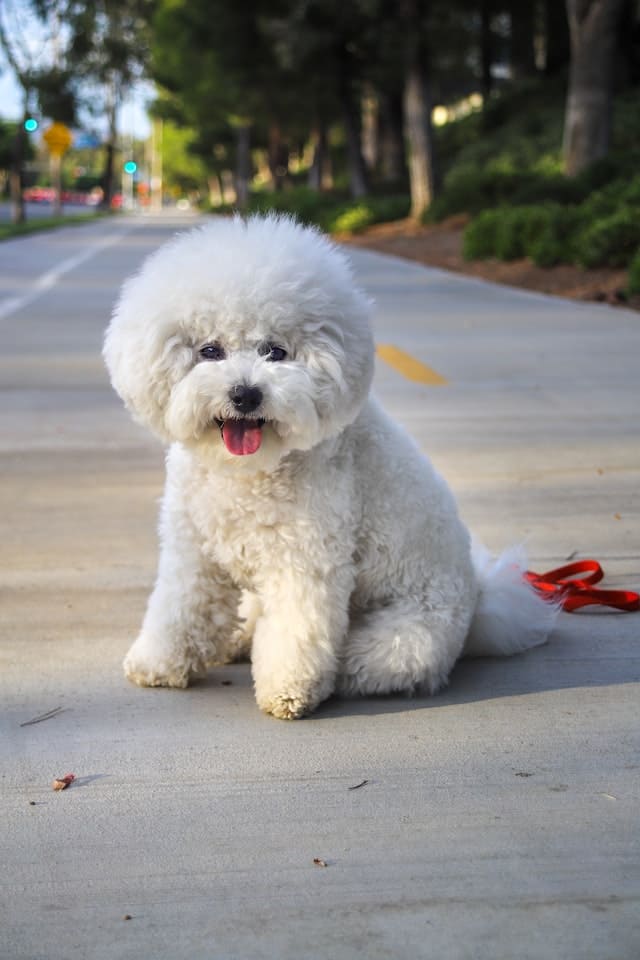
The Bichon Frise is a cheerful and fluffy breed with a curly, hypoallergenic coat. These dogs are perfect for individuals with allergies. Bichon Frises are playful, intelligent, and enjoy being the center of attention. They make great companions for families and are generally friendly towards strangers and other animals.
3. Cavapoo

Cavapoos are a crossbreed between a Cavalier King Charles Spaniel and a Poodle. These adorable dogs have a wavy or curly coat and are highly trainable. They are known for their friendly and affectionate nature, making them great companions for individuals or families with children.
4. Maltese
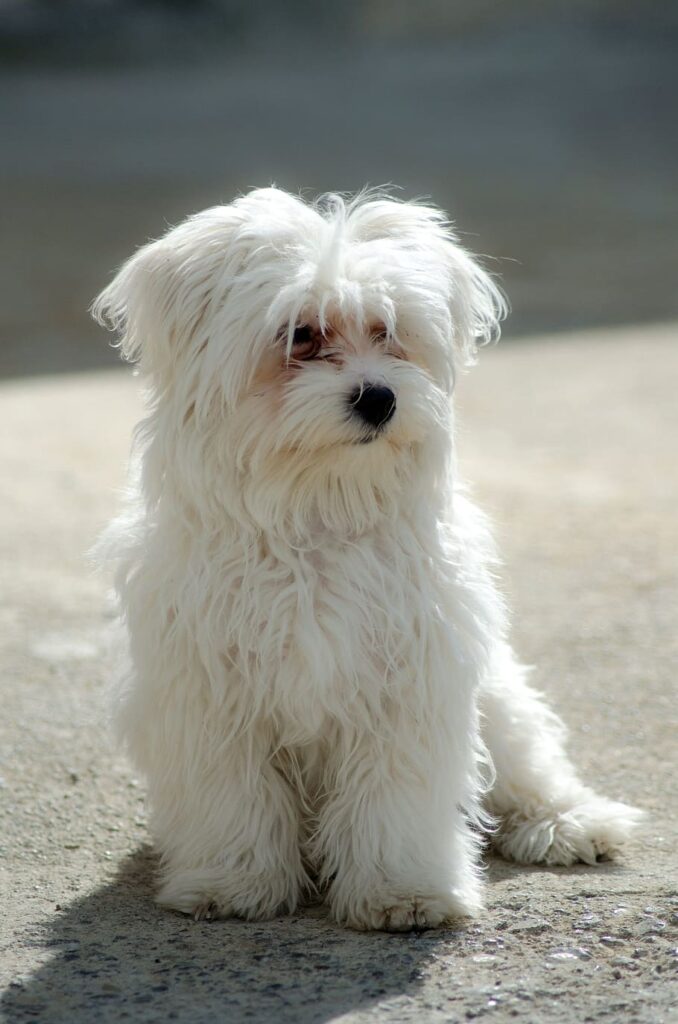
Maltese dogs are known for their stunning white coats and sweet, lively personalities. These small-sized dogs are great for apartment living and enjoy spending quality time with their human families. Maltese dogs are loyal, affectionate, and generally get along well with children and other pets.
5. Yorkshire Terrier

Also known as Yorkies, Yorkshire Terriers are tiny dogs full of energy and confidence. They have long, silky coats that require regular grooming. Despite their small size, Yorkies are lively and courageous. They make great companions for individuals or families who enjoy an active lifestyle.
6. Havanese
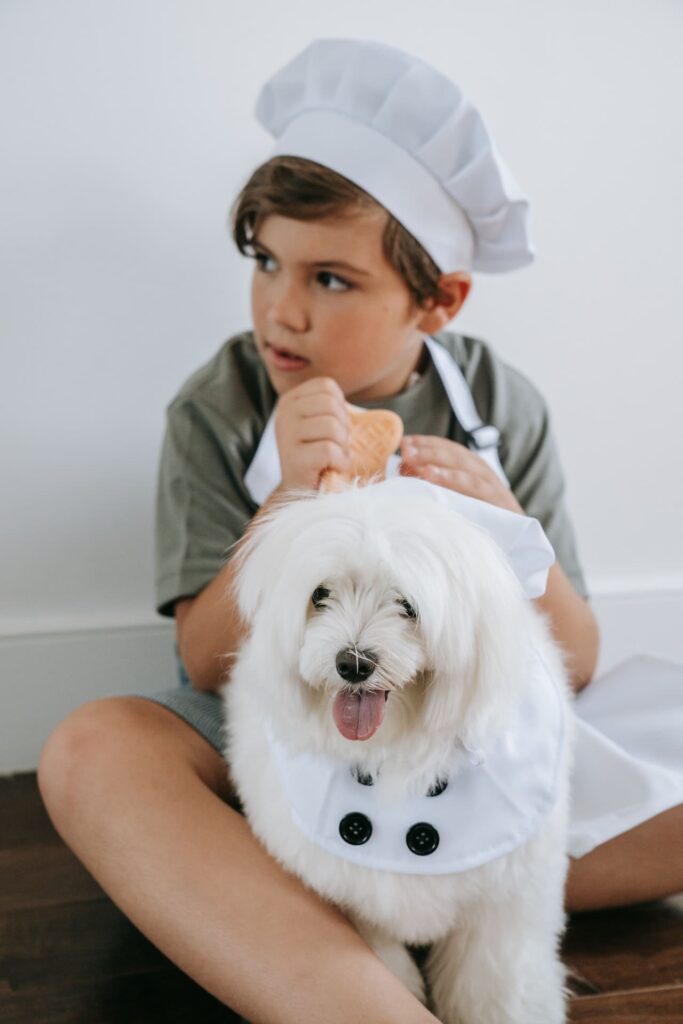
Havanese dogs are characterized by their silky, flowing coats and cheerful dispositions. These small to medium-sized dogs are social and intelligent, making them excellent companions for families. Havanese dogs are generally friendly, adaptable, and get along well with children and other pets.
7. Cockapoo

Cockapoos are a mix between a Cocker Spaniel and a Poodle. These dogs are friendly, outgoing, and highly adaptable. They have a curly or wavy coat that comes in various colours. Cockapoos are intelligent, easy to train, and make wonderful family pets.
8. Pomeranian

Pomeranians are fluffy and adorable with their thick double coats. Despite their small size, they are confident, lively, and make great watchdogs. Pomeranians are intelligent, curious, and enjoy being the center of attention. They are generally friendly towards their family members but may be cautious around strangers.
9. Miniature Schnauzer

The Miniature Schnauzer is a small-sized breed with a distinctive bearded face. They have a wiry coat that requires regular grooming. Miniature Schnauzers are friendly, intelligent, and make great companions for individuals or families. They are generally good with children and get along well with other pets.
10. Cavanese

Cavanese dogs are a mix between a Cavalier King Charles Spaniel and a Havanese. These adorable and affectionate dogs inherit the best traits from both breeds. Cavanese dogs are known for their friendly nature, intelligence, and adaptability. They are great companions for families of all sizes.
11. Maltipoo
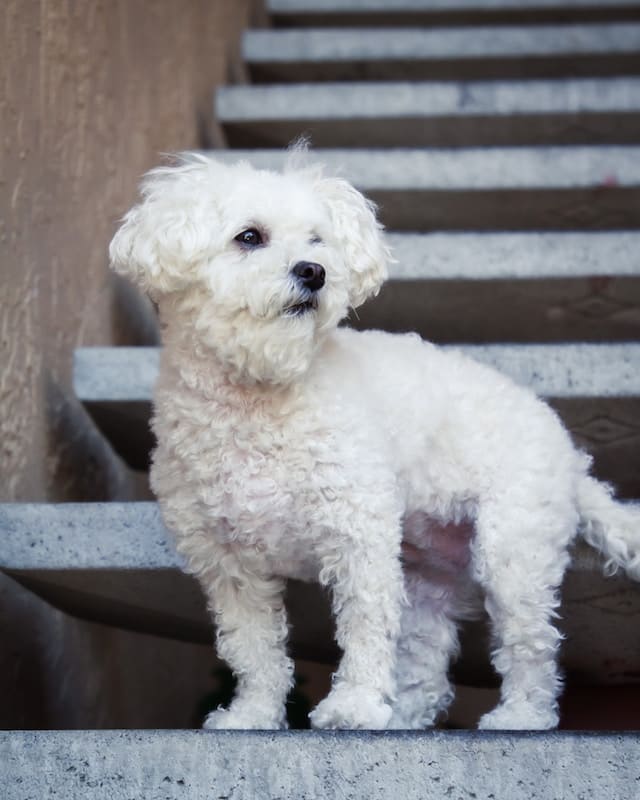
Maltipoos are a crossbreed between a Maltese and a Poodle. These small and cute dogs have a soft, curly or wavy coat. They are known for being friendly, playful, and highly sociable. Maltipoos make great companions for individuals or families looking for a loving and affectionate pet.
12. Cocker Spaniel

Cocker Spaniels are medium-sized dogs with a friendly and gentle nature. They have a silky, wavy coat that comes in various colours. Cocker Spaniels are intelligent, easy to train, and enjoy being around people. They make great family pets and are generally good with children and other animals.
13. Shichon

Shichons, also known as Zuchons or Teddy Bear dogs, are a crossbreed between a Shih Tzu and a Bichon Frise. These adorable dogs have a soft and fluffy coat that resembles a teddy bear. Shichons are known for their friendly, affectionate, and playful nature. They are great companions for individuals or families of all ages.
14. Pekingese

Pekingese dogs are small, stocky, and have a distinctive mane around their neck. They have a long, flowing coat that requires regular grooming. Pekingese dogs are loyal, independent, and make great companions for individuals or families who can provide them with plenty of love and attention.
15. Lhasa Apso

Lhasa Apsos are small-sized dogs with a long, dense coat. They are known for their independent yet friendly nature. Lhasa Apsos are generally good with children and make great companions for individuals or families who can commit to their grooming needs. They are alert, intelligent, and loyal.
16. Shorkie

Shorkies are a crossbreed between a Shih Tzu and a Yorkshire Terrier. These small-sized dogs are energetic, friendly, and highly sociable. They have a soft and silky coat that requires regular grooming. Shorkies make great companions for individuals or families looking for a playful and affectionate pet.
Training and Socialization of Teddy Bear Dog Breeds
Teddy Bear dogs must be trained and socialised in order to develop appropriate manners and behaviour. These dogs should be exposed to a variety of situations, people, and other animals from a young age to ensure they grow up to be well-adjusted and confident. Teddy Bear dogs respond well to praise, treats, and gentle guidance, thus positive reinforcement training methods work best with them.
Teddy Bear Dogs as Family Pets
Teddy Bear dogs make excellent family companions due to their gentle and caring demeanour. They are ideal for individuals and families that live in small-yard apartments or houses. Because of their versatility and low activity requirements, they are an ideal alternative for elderly or people who lead hectic lives. Teddy Bear dogs, on the other hand, thrive on human connection and should not be left alone for extended periods of time.

Exercise and Activity Requirements of Teddy Bear Dog Breeds
Although Teddy Bear dogs are little in size, they nevertheless require daily exercise and mental stimulation to keep healthy and happy. Regular walks, interactive play sessions, and puzzle toys are all terrific ways to keep these dogs active and engaged. However, given to their sensitive stature, it is critical not to overexert them. Teddy Bear dogs thrive on a moderate amount of activity paired with plenty of petting and loving.
Grooming Needs for Teddy Bear Dog Breeds
The luxurious coat of a Teddy Bear dog requires regular grooming to keep it looking its best. Daily brushing is recommended to prevent matting and tangles, as well as to maintain the coat’s soft and fluffy appearance. Additionally, occasional professional grooming sessions are necessary to trim the hair around the eyes, ears, and paws. Routine nail trims, teeth brushing, and ear cleaning should also be part of the grooming routine for optimal hygiene.
Health Considerations of Teddy Bear Dog Breeds
Teddy Bear dogs are generally healthy and have a lifespan of 12 to 15 years. They are, nevertheless, susceptible to some health issues, as are all dog breeds. Dental difficulties, allergies, respiratory troubles, and patellar luxation are all prevalent health issues in Teddy Bear dogs. Regular veterinary check-ups, a balanced diet, and adequate dental care can all help these wonderful pets stay healthy.
Choosing a Teddy Bear Puppy
It is important to select a Teddy Bear puppy from a reputable breeder who prioritises the health and welfare of their canines. A responsible breeder will give thorough socialisation, health records, and genetic testing to ensure you get a healthy and well-adjusted puppy. Avoid acquiring pups from pet retailers or puppy mills, as these suppliers frequently prioritise profit over animal welfare.
Teddy Bear Dog Breeds Feeding Guidelines
Feeding Teddy Bear dogs a high-quality and well-balanced diet is essential for their overall health and longevity. Choose a premium dog food that meets their nutritional needs and is appropriate for their size and age. Avoid overfeeding to prevent obesity, as excess weight can lead to various health problems. Consult with your veterinarian to determine the appropriate portion sizes and feeding schedule for your Teddy Bear dog.

Common Misconceptions about Teddy Bear Dogs
A few common misconceptions concerning Teddy Bear dogs should be addressed. For starters, they are frequently misidentified as an official recognised breed when, in fact, they are a hybrid mix. Second, while some individuals believe that Teddy Bear dogs are entirely hypoallergenic, individual sensitivities differ. Finally, while Teddy Bear dogs are generally amiable, they still require proper training and socialisation to become well-behaved pets.
Conclusion:
In conclusion, Teddy Bear dogs are a delightful and lovable breed that brings joy and companionship to countless households. Their teddy bear-like appearance, combined with their affectionate personality, makes them irresistible to dog lovers. Remember to provide them with proper care, socialization, and training to ensure they become well-rounded and happy members of your family. If you’re ready to experience the joy of owning a Teddy Bear dog, do your research, find a reputable breeder, and prepare to welcome a lifetime of cuddles and play.
Frequently Asked Questions (FAQs):
Are Teddy Bear dogs suitable for families with children?
Yes, Teddy Bear dogs are known for their gentle and friendly nature, making them excellent companions for families with children. However, as with any dog, supervision and proper interactions should be encouraged to ensure the safety and well-being of both the dog and the child.
Do Teddy Bear dogs shed a lot?
No, Teddy Bear dogs have minimal shedding due to their hypoallergenic coats. However, regular grooming and brushing are necessary to prevent matting and maintain their coat’s health and appearance.
How often should I groom my Teddy Bear dog?
Daily brushing is recommended for Teddy Bear dogs to keep their coats free from tangles and mats. Professional grooming sessions should be scheduled every 6 to 8 weeks to maintain their overall hygiene.
Are Teddy Bear dogs easy to train?
Yes, Teddy Bear dogs are intelligent and eager to please, which makes them relatively easy to train. Positive reinforcement techniques, consistency, and patience are key to successful training.
Can Teddy Bear dogs be left alone for long periods?
No, Teddy Bear dogs are social animals and thrive on human companionship. Leaving them alone for long periods can lead to separation anxiety and other behavioural issues. It’s important to ensure they have plenty of interaction and mental stimulation throughout the day.
Recommended:

























